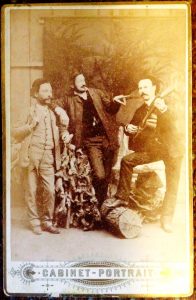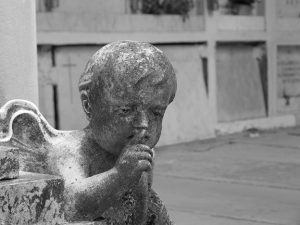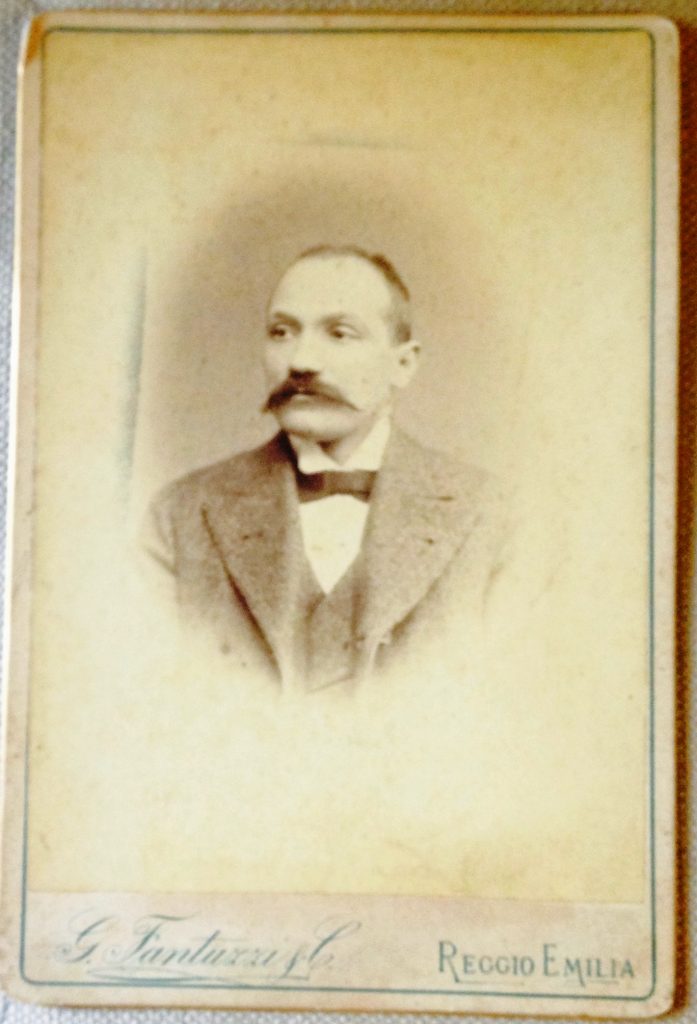Why would you try to find your ancestors?
How to find your ancestors. At a certain point of your life, you might feel the need of getting answers to questions that have been inside you for long, waiting for the right moment to pop up. These questions might refer to who are you as a human being, what your place in this planet is, and what your legacy will be. You could also be willing to ask yourself if you are on the right track or not.
You can either go ahead with your life and keep them as open questions, or you can try to actively answer them and even do something with the answers you get. Most of these questions could probably be answered through deep introspection, while some others would need responses to be sourced elsewhere.
This journey, might take you to also try to find out who you are in a wider framework, the framework of your family.
If this idea crosses your mind you might feel the need of finding who your ancestors were, and maybe, not just for your own knowledge but with the purpose of preserving family´s history, with the aim of keeping family´s memory alive. Or perhaps, you start this search for long lost relatives, because you feel the need of amplifying your family scope and wonder if there are any living relatives nearby that you haven’t connected with. Finding ancestors can be fun, but connecting bloodlines and thus, finding living distant relatives –I can tell you from my own experience- can be really exciting and rewarding.
What information do we need to gather to find our ancestors? Is it hard?
The best way to find our ancestors, is to start by making a family tree. Family trees can be done by hand, but the best and easier way to do it, is to help yourself with tools provided online by webs like ancestry.com –so easy to handle, that you do not even need to know about “computers”-. Places like ancestry.com do also have the advantage of letting you check information on your family already posted by other relatives, as well as of providing a framework to connect with other relatives already embarked in the same journey, or willing to get involved in this adventure. The most amazing issue about ancestry.com is that you can also place guesses, and ancestry.com will help you to find out the actual information. A useful feature allows photographs to be incorporated. Ancestry.com is also available in the form of an app suitable for IPhone, IPad and Android.
Before starting to put your data in the web, I would suggest you gather as much information as possible.
- Contact your oldest relatives, for they surely have a lot of family stories and are willing to pass the legacy! They will make you “taste” family history and they can also be a good source for copies of birth, wedding and death certificates, baptism faiths, letters, old photos (many of them might have inscriptions in the back that are important clues!). A wise idea would be to have in hand the app of com to check together during those visits: searching together will be a rewarding experience. You can also find the app interviewy –available for both iPhone and iPad- to be useful for these meetings: this voice recording app offers clear sound, good basic functionality and the option to tag audio files that you have saved. If you want to keep the interviews for posterity, using a plug-in microphone with your smartphone or tablet will improve the quality further.
- Getting certificates is great, because they are the most reliable source, as they contain full names, precise dates and places, and many of these documents do also involve witnesses that might be relatives, and might lead to other relatives as well. If you can´t manage to get copies of this kind of certificate within members of your family, you might try the app wdytya forum (Who do you think you are?) that runs on iPhone, iPad and android. This forum app is a good place to pick up birth, marriage and death certificates.
- It might sound a little bit “dark” but the fact is that many families share family graves from where you can get relevant information, cause as certificates, they are a source of precise information on names and dates. The same happens with the papers of ownership of those places, as they have passed hands, generation after generation. As information technology has evolved in every field, you might be glad to know that even for finding graves there are apps available. Such is the case of find a grave, a free app that runs on iPhone and iPad and that is designed to help you search for family graves worldwide. It is so great that it even lets you post a request for local volunteers to search for your ancestor’s headstone in a cemetery! To maximize the results you can use find a grave in combination with billiongraves, another great app that’s suitable for Android and iOS.
- DNA testing is advisable, especially if you lose track a few generations up: it might help you to reorient your search.
- Finding the meaning of your surnames can also be a good idea, especially if you cross this information with results of DNA testing.
- Surf the web for census and other genealogy information available online: It is easy with today’s technology, especially because there is an increased interest in genealogy, and thus, available information grows day by day.
- You can even join a social network online (“Find my past” available in Facebook & Twitter).
- Last but not least, it could be interesting to attend local classes about family tree research: this will help you gain insight on how to expand family history resources.
Photography courtesy of: http://www.elrincondesele.com/
Find your ancestors, and start answering some questions about yourself!
By, Carmen Vázquez









